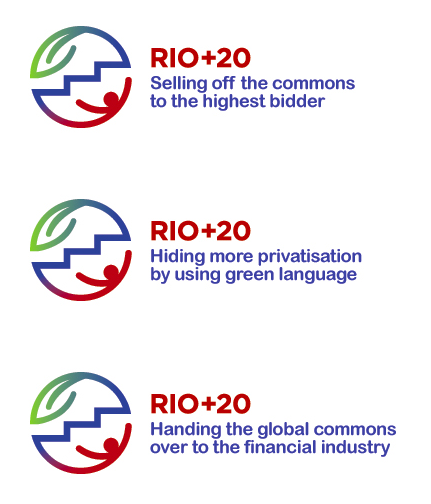Please sign this Rainforest Rescue-drafted email and send it to the management of Nestlé, Unilever and Neste Oil, asking them to cancel their business relationship with the corporate group IOI.
Illegal rainforest clearance to make way for palm oil plantations
Rainforest Rescue reports that:
“one thousand people on the Indonesian island of Borneo have lost their forest. It was illegally cleared by the corporate group IOI that supplies Nestlé, Unilever and Neste Oil with palm oil. All three companies publicly pride themselves for their so-called “sustainability”.
Rainforest Rescue partner Nordin, head of the organization Save Our Borneo (SOB), has collected plenty of watertight evidence against the criminals. He is preparing to file a case and the local government is backing him. However, to prevent more damage elsewhere, the palm oil Mafia’s profit stream has to be cut off. This is where Nordin needs our support.
Please call on Nestlé, Unilever and Neste Oil to cancel their business relationship with IOI.”



